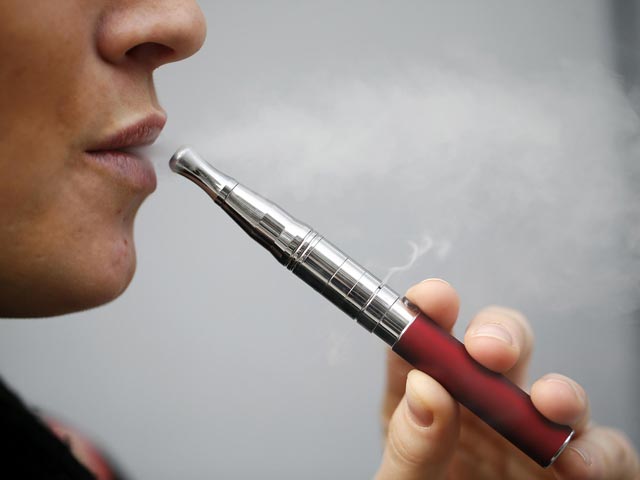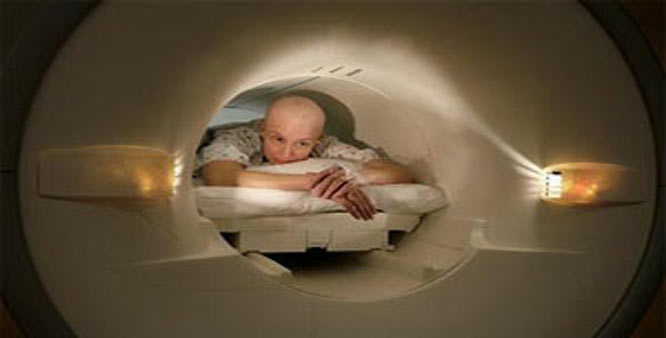E-cigarettes may do more harm than good to cancer patients as researchers have found that those using e-cigarettes (in addition to traditional cigarettes) are equally or less likely to quit smoking traditional cigarettes than non-users. Cancer patients using e-cigarettes are more nicotine-dependent, the findings showed.
“Consistent with recent observations of increased e-cigarette use in the general population, our findings illustrate that e-cigarette use among tobacco-dependent cancer patients has increased within the past two years,” said co-researcher Jamie Ostroff from the Memorial Sloan Kettering Cancer Center in the US.
To examine available clinical data about e-cigarette use and cessation among cancer patients, the researchers studied 1,074 cancer patients who smoked and were enrolled between 2012 and 2013 in a tobacco treatment programme within a comprehensive cancer centre in the US. The researchers observed a three-fold increase in e-cigarette use from 2012 to 2013.
At enrolment stage, e-cigarette users were more nicotine dependent than non-users, had more prior quit attempts, and were more likely to be diagnosed with lung or head and neck cancers. At follow-up stage, e-cigarette users were just as likely as non-users to be smoking. Seven day abstinence rates were 44.4 percent versus 43.1 percent for e-cigarette users and non-users, respectively.
The study appeared online in the journal Cancer
Source: business standard



